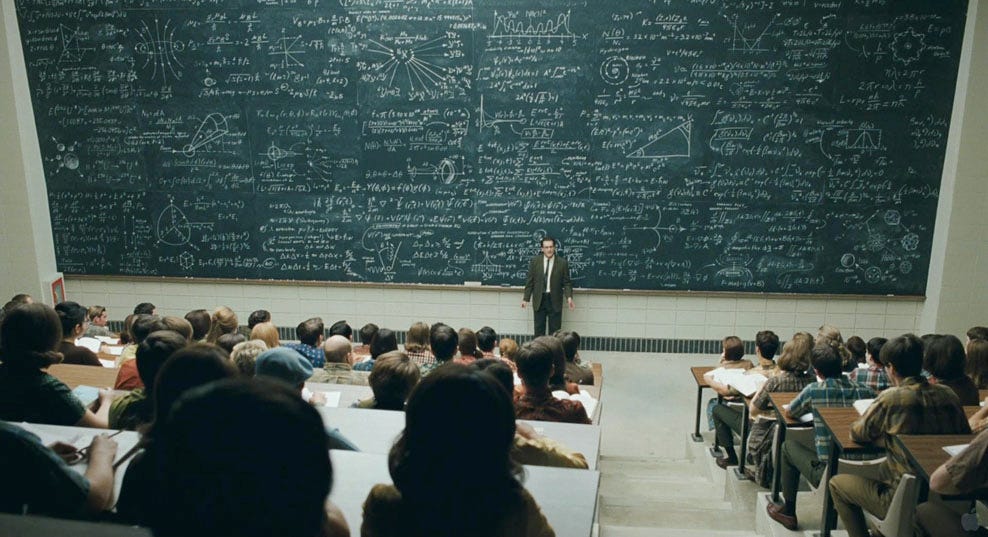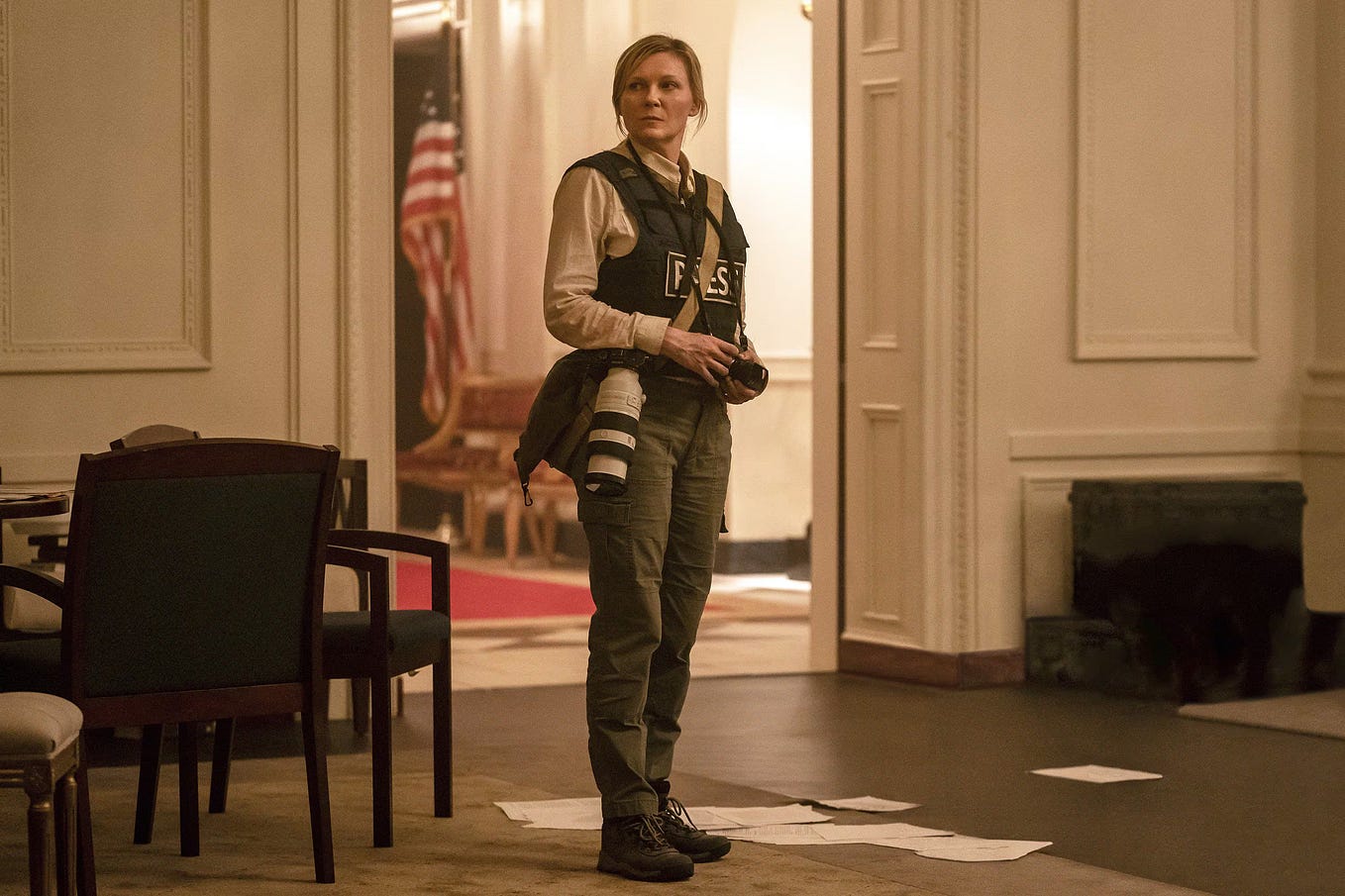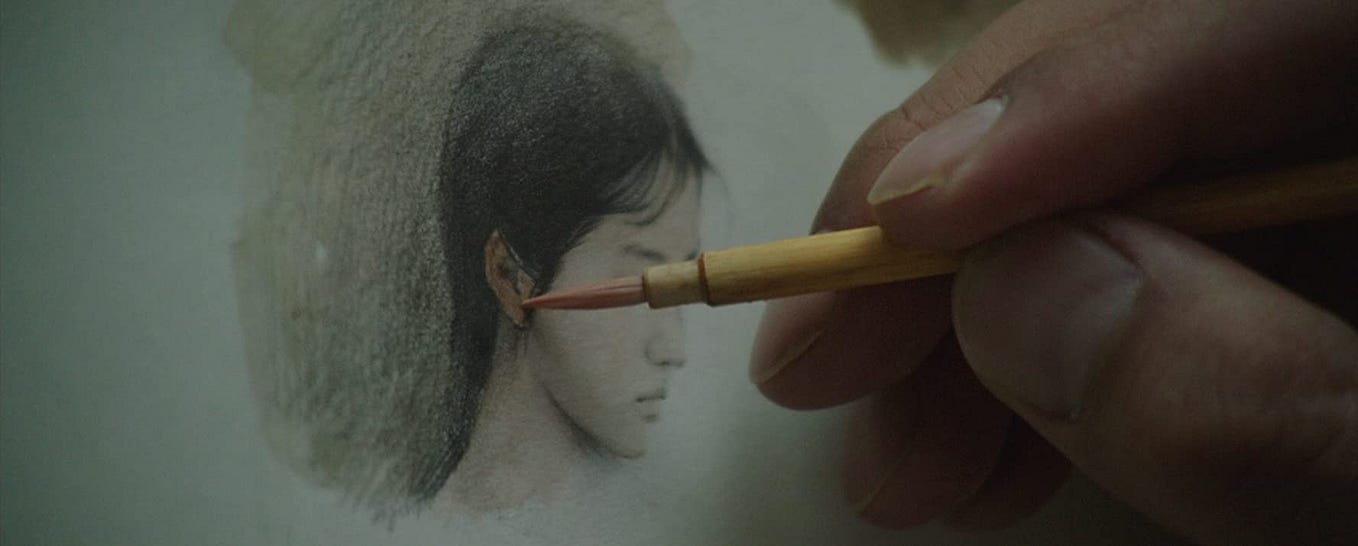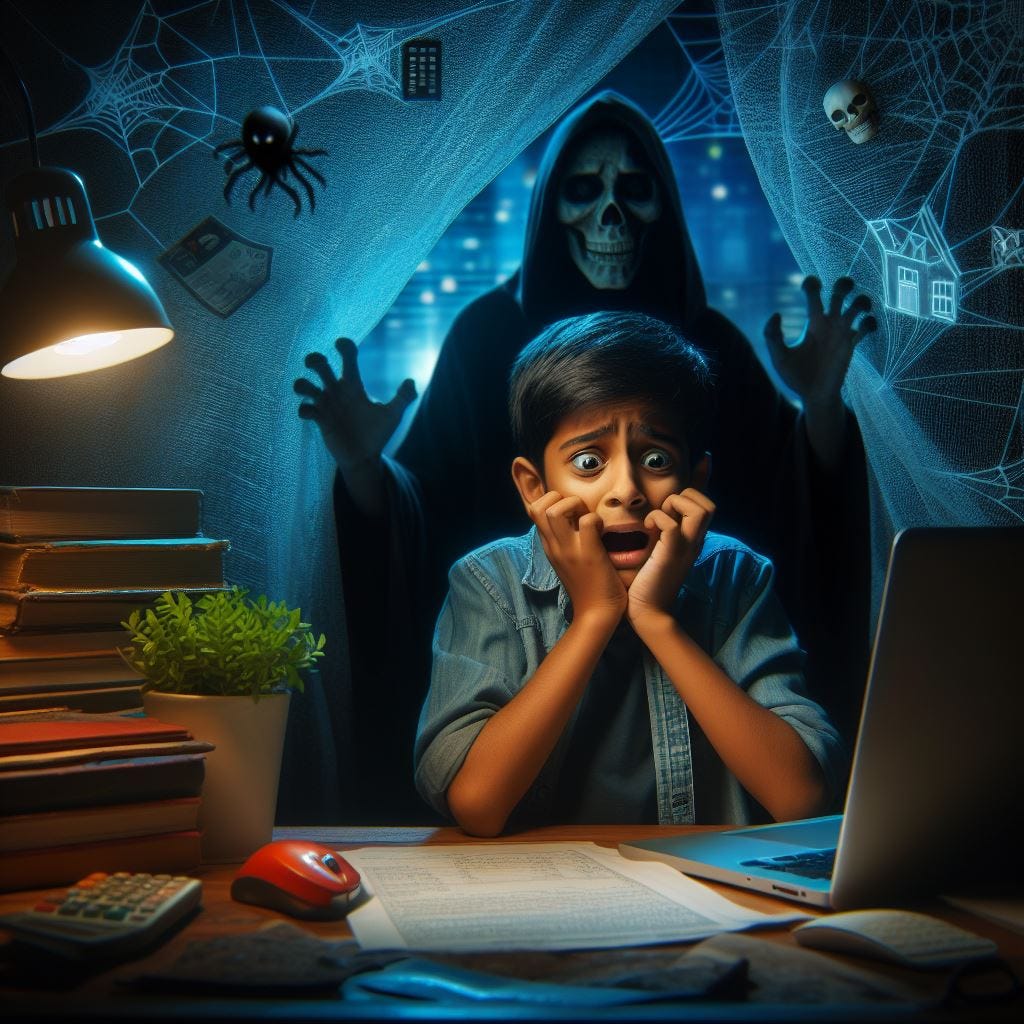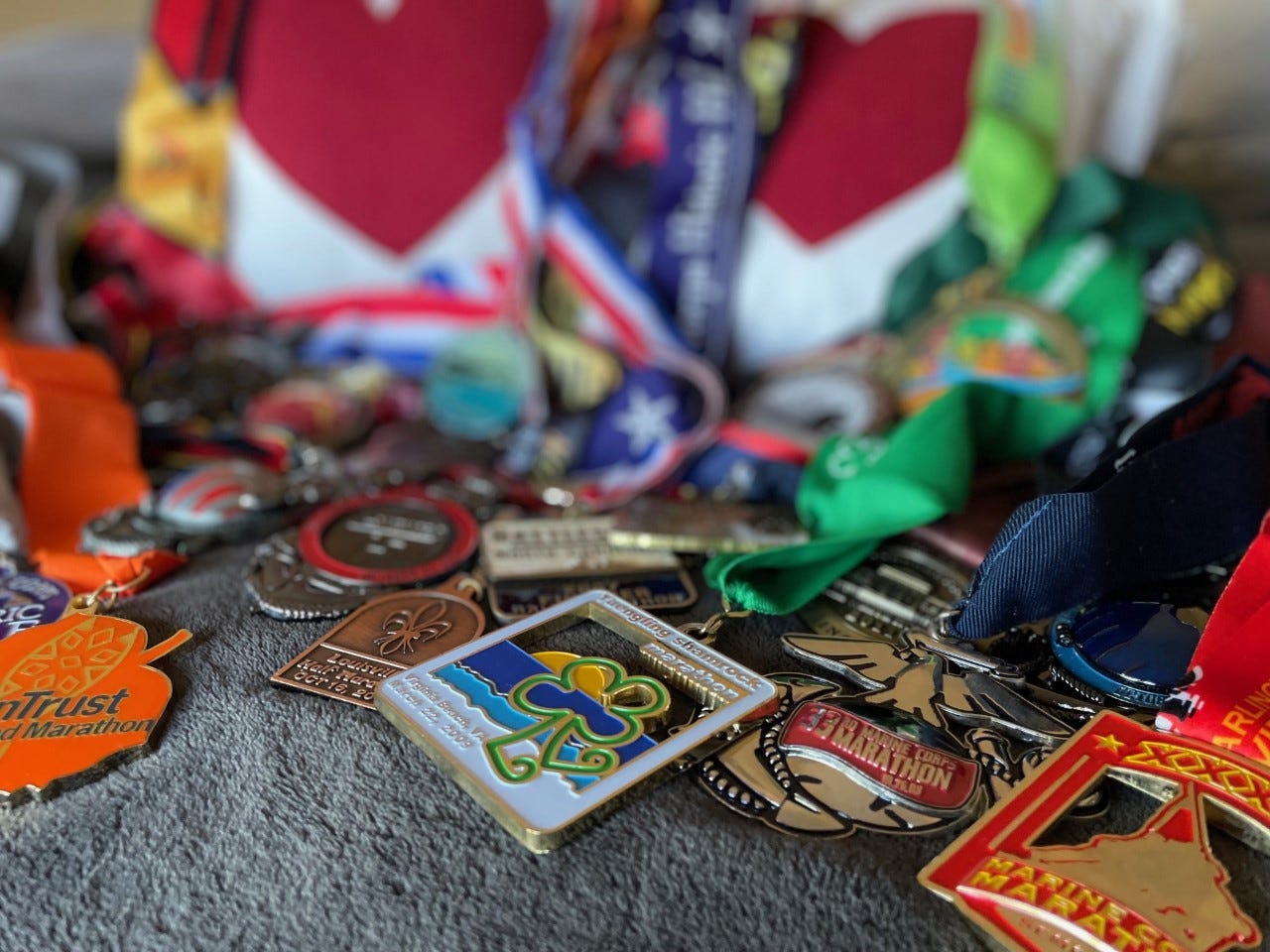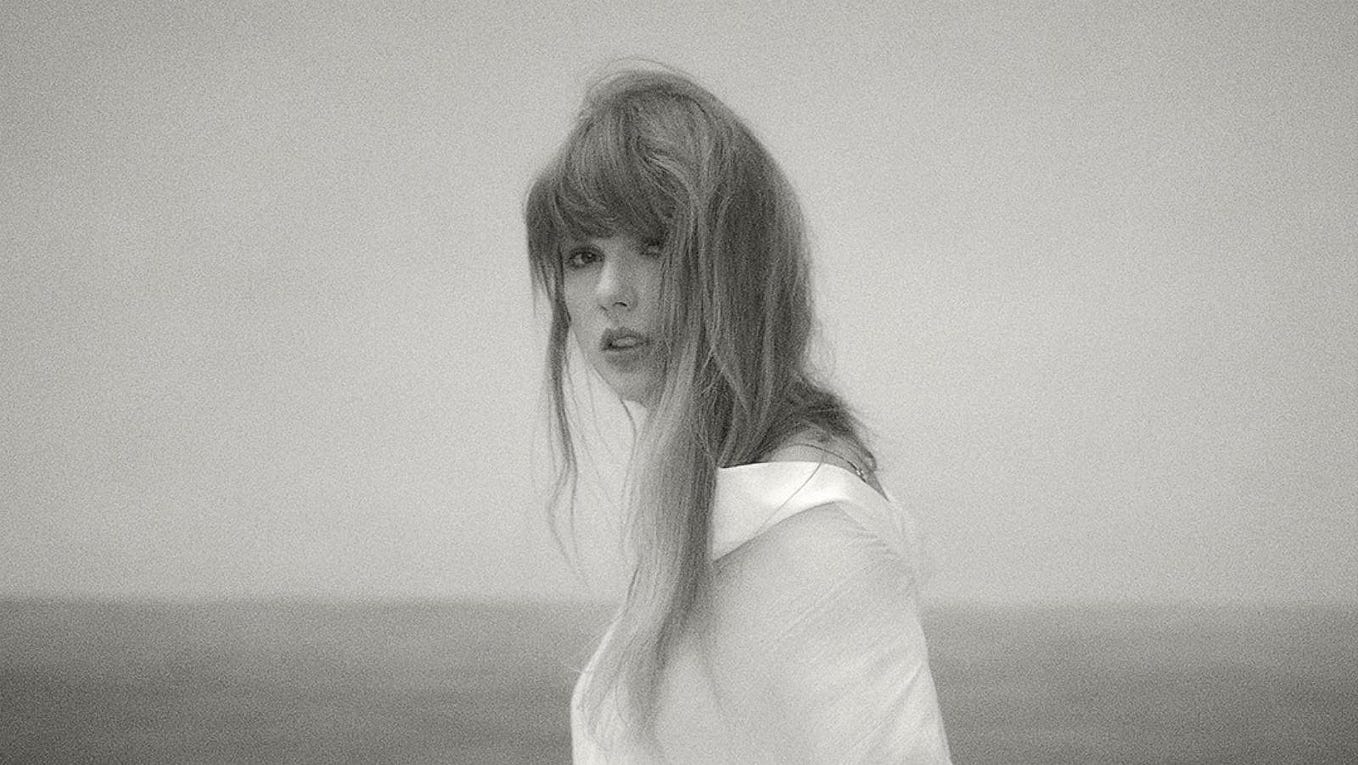Community: How The Innovative TV Show Became A Cult Classic
A look back at one of the most inventive sitcoms in recent memory.
While 2020 seems to get more and more unpredictable as the year goes along, I thought now would be a good time to revisit one of the most impressive sitcoms in recent memory — Community. Created by Dan Harmon, produced by the Russo brothers, and featuring an ensemble cast that would make any TV show jealous, Community went above and beyond the limitations of a 22-minute sitcom format and left its mark on TV by achieving some of the most wildly ambitious episodes to ever air on Network Television.
The series aired from 2009 to 2015 on NBC and Yahoo! Screen and centered around a study group made up of an eclectic cast of characters as they attend a community college. The show played with familiar storytelling tropes to forge its own unique identity by combining self-referential humor with cinematic elements to elevate itself from what could have otherwise ended up being a typical sitcom.
And thankfully, Community was anything but. In its 6-season run, the show continued to raise the bar and challenge itself by finding ways to tell interesting stories while also expanding upon what it actually means to be a part of a community. And with that being said, here are some of the reasons why Community has maintained such a strong cult following after all these years.
The Evolution Of The Characters
It’s hard to revisit the pilot without noticing just how much the characters have deviated from their initial portrayal in the series’ first episode. Characters like Britta, Troy, and Abed are barely recognizable and seem like typical one-note archetypes when compared to the well-defined characters they would eventually end up being.
This is thanks to the writers finding the characters' essence as the show went along and allowing the actors to insert their own interpretation into the roles. While the show was finding its voice in its first season, the audience reaction from twitter also allowed the creators to adapt by focusing on the elements that connected with the fanbase.
And by the second season, the character of Troy was no longer a typical jock, and his friendship with Abed became one of the most unique pairings ever seen on TV. But the most notable character change came from Britta. She was no longer a love interest that only exists as a carrot on a stick for the male protagonist, but instead became a more well-rounded character with her own unique personality and insecurities (you know, like a person).
The High-Concept Genre Episodes
One of the key elements that really set Community apart from other sitcoms was its ability to capture the stylized presentation of different genres to convey its story. What other show could pull off a Sergio Leone-type western or an homage to My Dinner With Andre, of all things, without making it seem out of place? The show had such a great blend of comedy and high-concept ideas that were used to explore the underlying issues of the characters.
This began with an homage to gangster films like Goodfellas in the episode “Contemporary American Poultry,” and was taken to the next level in the episode “Modern Warfare”, an homage to action films like Die Hard that also featured elements from John Woo films. This was the episode that showed the true potential of the series. The show would go on to pay homage to other genres, such as space adventure movies like Apollo 13, a David Fincher-Esque crime thriller, and a stop-motion animated Christmas special.
The show also experimented with different ways to approach storytelling, which resulted in some of the most creative episodes ever seen on a television show. Some of these episodes include a clip show filled with clips that never actually appeared on the show before, a playthrough of Dungeons and Dragons, and the critically-acclaimed “Remedial Chaos Theory” — an episode that showed the result of six different outcomes after a roll of a dice. The concept of this episode was so brilliantly executed, it’s widely considered to be one of the best episodes of the entire series. And I can’t imagine many shows that would be able to pull this off within a 22-minute runtime.
The Creation Of Abed
If there’s any character that stood out far above the rest in terms of the uniqueness and overall concept, it’s Abed — a reserved, socially-inept, film and television obsessive that confuses reality with TV from time to time. Dany Pudi’s portrayal of the character was unlike anything ever seen in a sitcom before, and the character’s condition allowed the show to explore more high-concept episodes based on his knowledge of film and pop culture.
Take, for example, the episode that’s spent in a room he calls the “dreamatorium,” where he’s able to use his imagination to visualize any scenario he wishes — sort of like Star Trek’s “Hollow Deck”.
The whole episode revolves around him making up scenarios that have to be visualized through pure imagination, and the show brilliantly presents the inner-workings of his mind in a way the viewers can easily understand. At the end of the episode, it’s revealed that the reason he created such an elaborate scenario was that he was insecure about being left behind and ending up alone — a feeling he shares with everyone else.
So, as you can see, these high-concept episodes are actually used to explore the inner conflict of the characters. They aren’t just self-indulgent references of other well-known properties. They’re a narrative device used to illustrate the overall theme of the episode and externalize the internal conflict within these characters.
A Launchpad for Future Talent
Given the amount of talent involved in the series, it’s hard not to see it as some sort of launchpad that would go on to establish some of the most well-known names that dominate the cultural zeitgeist today. Following showrunner Dan Harmon’s year-long break from Community, he went on to develop a little show called Rick and Morty (you’ve probably heard about it).
While the Russo brothers’ work in some of the more action-oriented episodes led to their involvement in Captain America: The Winter Soldier, one of the most celebrated titles in the MCU, and they eventually went on to helm the highest-grossing movie of all time, Avengers: Endgame.
Before his rise to stardom, series regular Donald Glover was just starting to find success with his music career on the show’s first seasons. He eventually left the show on its 5th season to pursue his own projects — like the award-winning FX series Atlanta. Alison Brie went on to star on the Netflix series Glow, based on the wrestling promotion Gorgeous Ladies of Wrestling.
And Notable writers have also gone on to other successful projects. Writer Megan Ganz went on to write for Modern Family and co-create the Apple TV+ series Mythic Quest, which also features Community alumn Danny Pudi as a series regular. And writer Chris Mckenna went the Russo route as part of the writing team for Spiderman: Homecoming and other films in the MCU.
It’s Just A Good Sitcom, Period
While there are plenty of reasons to get into Community — like the running-gags, meta-humor, and the stylized genre episodes — at the end of the day, it’s just a good sitcom, and the show doesn’t shy away from being just that. Even though it goes above and beyond the typical approach found in its contemporaries, the main reason the show worked so well was that it had great characters that kept you invested in the series.
People like people, so it’s only natural to get caught up in the stories of these characters after spending so much time with them. And thanks to the episodic nature of the series, the show lends itself to multiple viewings. Many episodes stick out for their self-contained stories and distinctive genre elements that distinguish them from the rest, and each season contains unique themes that are expanded upon with each episode.
And while the cast has expressed interest in a movie to cap off the entire series, only time will tell if the prophecy of the hashtag #SixSeasonsAndAMovie will ever be fulfilled. But even if a movie never comes out, we can still find some closure knowing that the finale beautifully encapsulated the comfort these shows can bring to viewers.
Just like Abed said in his monologue on the series finale: “It’s a friend you’ve known so well and for so long, you just let it be with you.”

